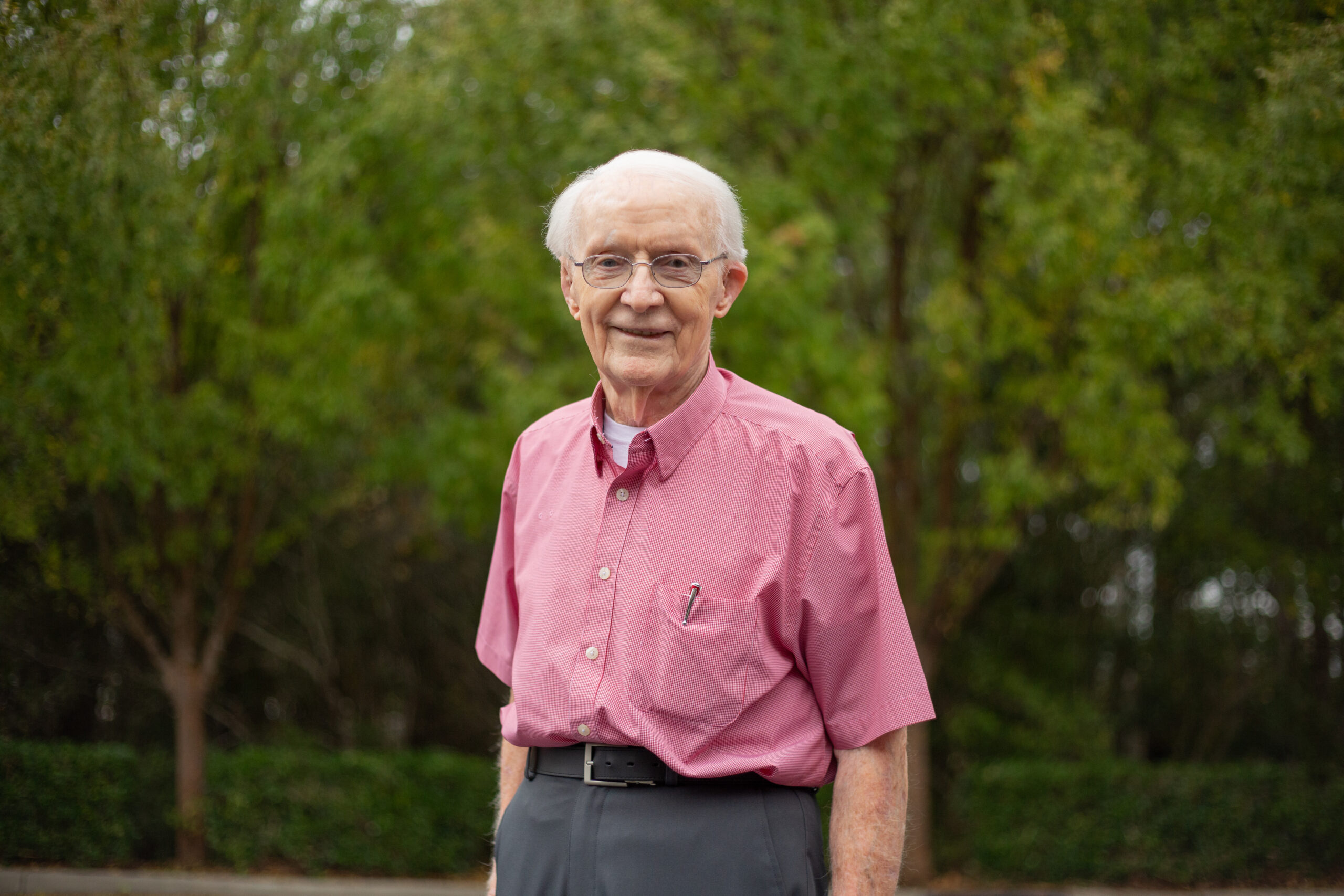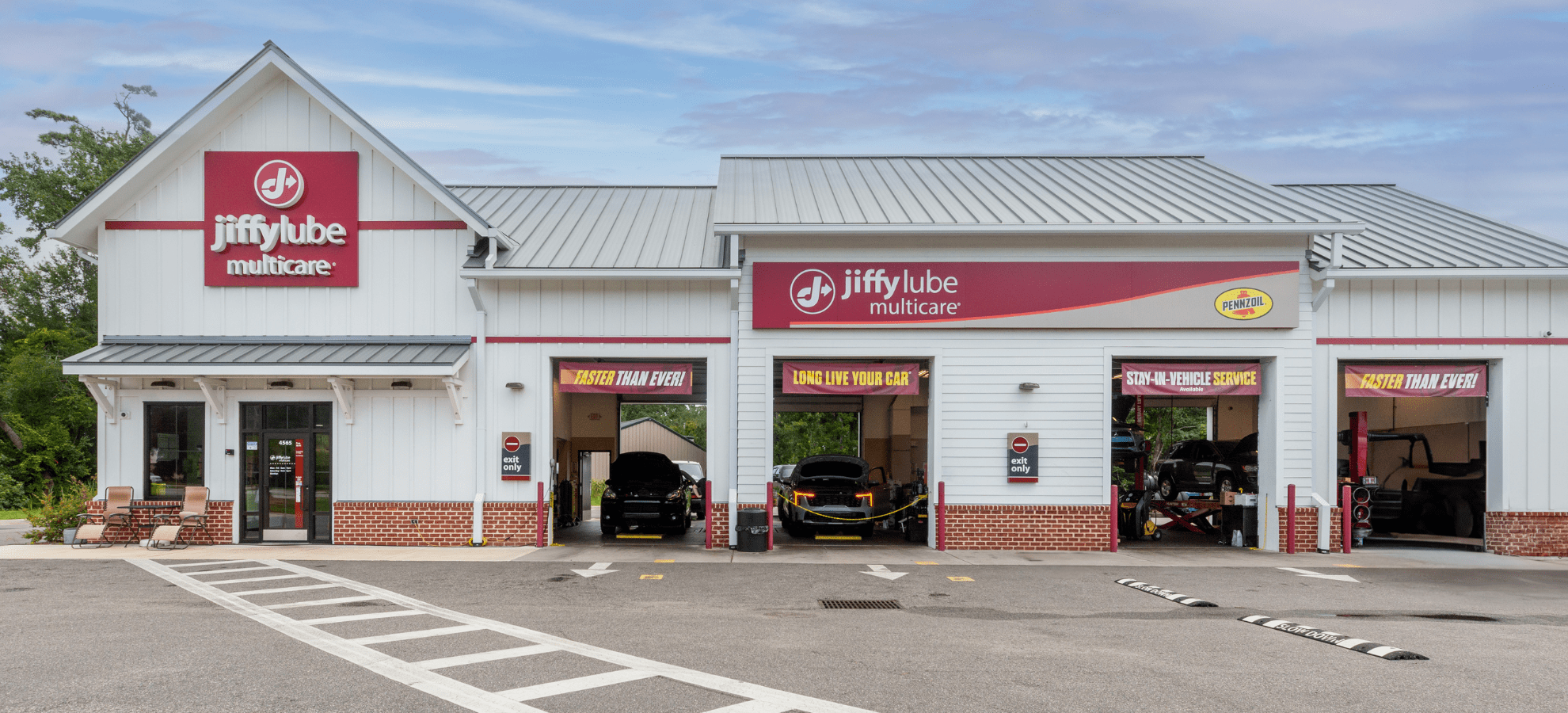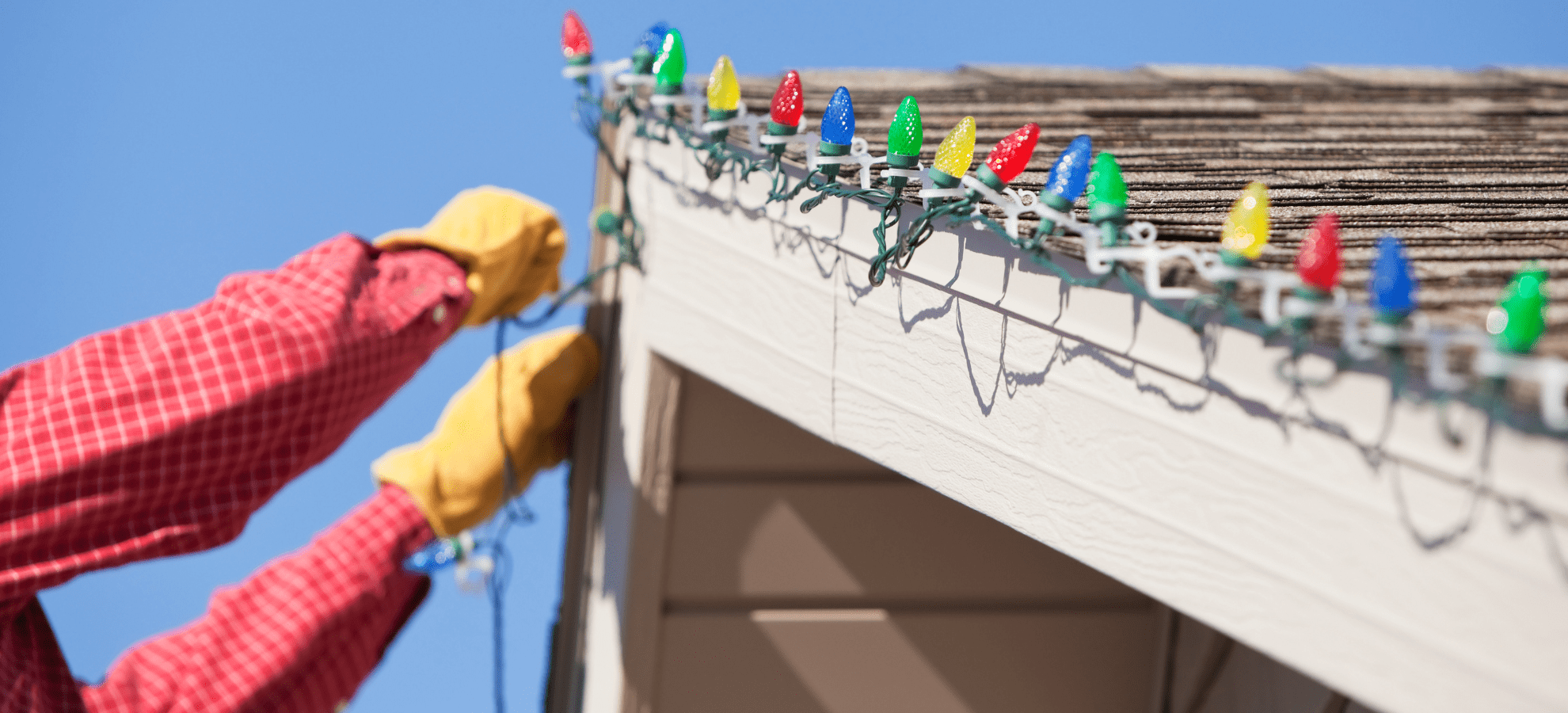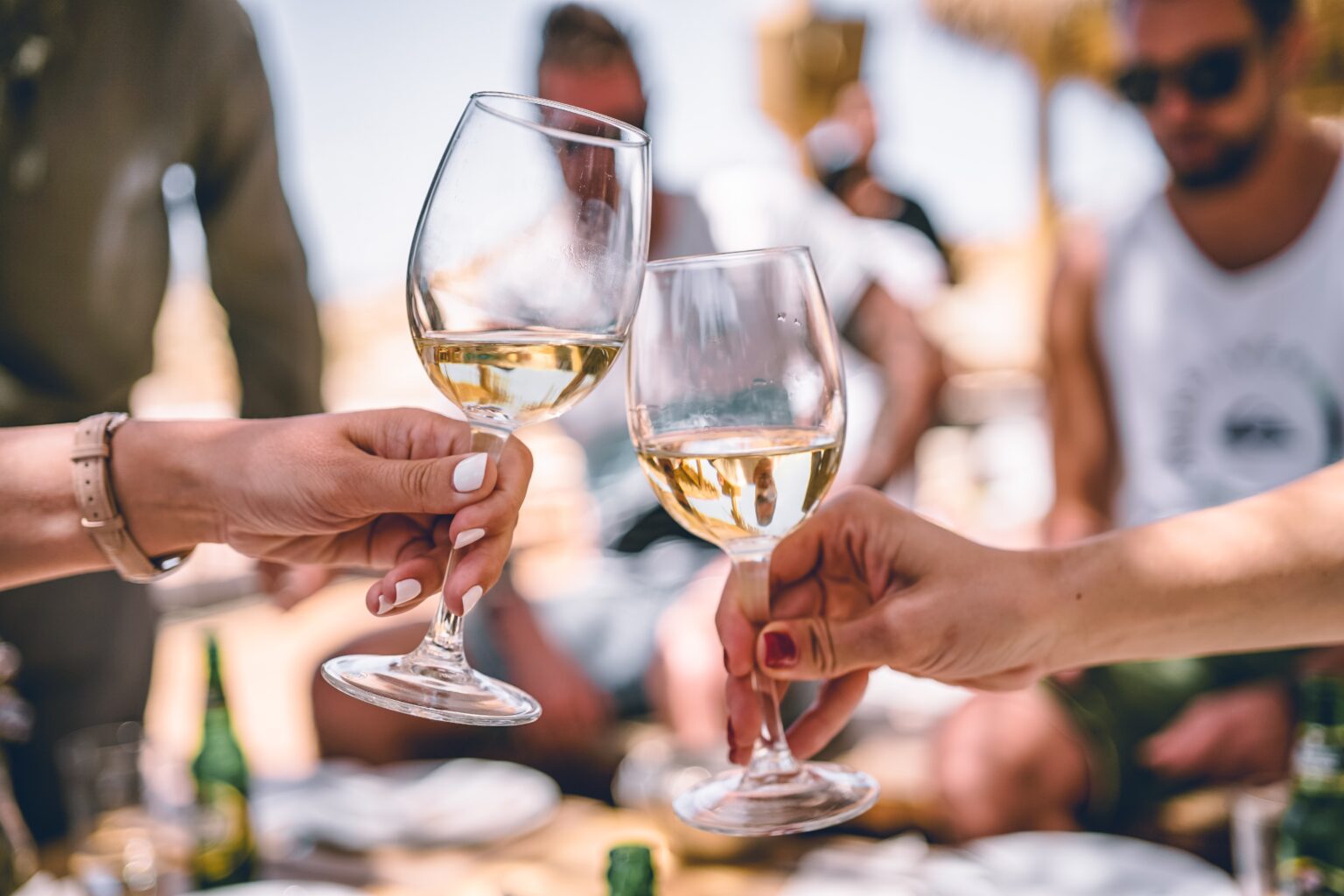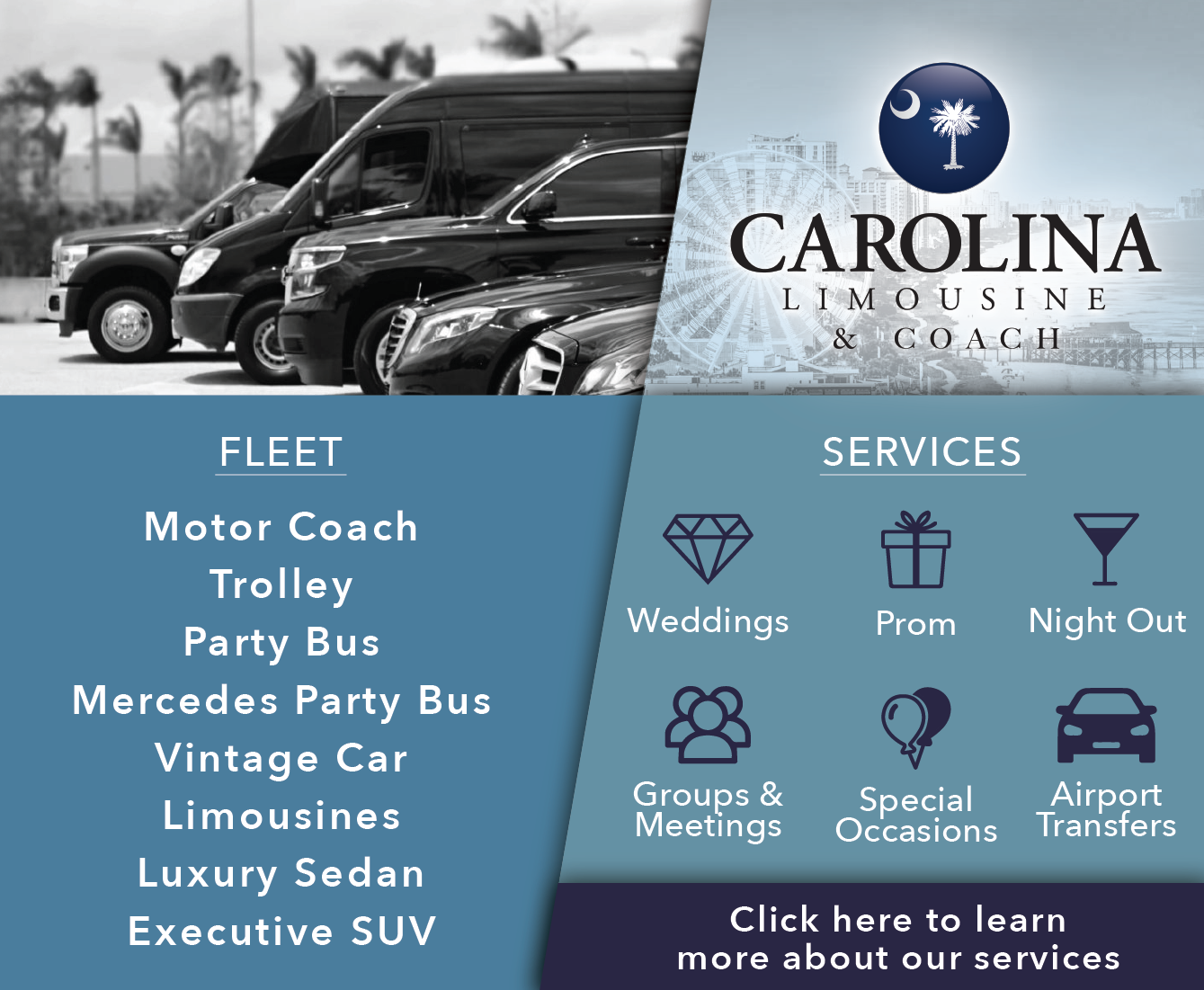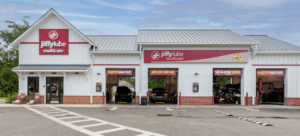Alabama Native, WWII Veteran, Pastor
Celebrate Our Veteran gives voice to the stories of the U.S. military veterans living amongst us. The actions of these brave and dedicated people, who have served our country both in active military duty as well as administrative positions, have and continue to contribute to the protection and preservation of us and our country.
We hope that this section of our paper is an opportunity for our community to hear and see veterans with new eyes, and for veterans to receive recognition and honor for their experiences and life journeys.
This month’s Celebrate Our Veteran recounts the story of Houston Blancett, as told in his own words.
by Melissa LaScaleia
“I’m originally from Alabama. In 1944, World War II was drawing to a close, and I wanted to join the service and go to war. But I was sixteen years old and didn’t make the cutoff age of eighteen, so I figured out what month and year I’d have to have been born in order to be eighteen, and then I went to the draft board and gave them my new birthdate.
On the form, they had a check box that you would tick off if you wanted to be considered for immediate induction, and I did. And two weeks later, I was at Fort McClellan in Alabama being examined for service.
From there they sent me to Mississippi, and then on to Texas where I learned basic training for sixteen weeks. At the end, I reenlisted in the regular army because I liked it, and I went into the Air Force division.
Then I was sent to North Carolina, from there, to be deported to go oversees. I waited for two months, and then we boarded a ship and went to Le Havre, in the Normandy region of France. I spent one year there.
And since it was the end of war, and primarily over in Europe, I didn’t see any action. We were engaged in post devastation clean up. Sometimes the streets were blocked, full of rubble. Cities had been bombed and people were living in broken houses because they had nowhere else to go.
As the war drew closer to completion, they began closing bases around Europe, including the one I was at in France, and I was sent to Germany. I and a comrade had been in the hospital with a respiratory infection, and we were behind the rest of our platoon. So instead of sending us on a train, they put us on a C47 cargo plane.
As we were flying over the Swiss Alps, I noticed that one of the crew kept pacing back and forth in the plane. Finally I asked him what was going on, and he said that one of the engines was down. It was only a two engine plane. The pilot was looking for a place where we could land, but we were surrounded by mountains. We were able to land at a little civilian airport in Lyons, France.
We couldn’t make contact with anybody because we were in the mountains and couldn’t get a radio signal. Luckily we had two jeeps on the plane, and we unloaded them and drove into downtown Lyon and went to a hotel for the night.
Our pilot was able to make connections with our unit in Germany from the hotel in Lyon, and when we did, they sent another plane in, and we were loaded onto it, and went to Erlangen, Germany, where I was engaged in pretty much the same work. The cities had been bombed. We were there during the occupation, and helped with the clean up, to get things back in order. I was an ambulance driver. I liked it a lot; I loved to drive.
I spent my 17th birthday in Germany. At the time, I thought I wanted to go home, and thought that if I told them the truth about my age that they would let me. So I went up to general headquarters and I said, “I’m really 17.” And they just looked at me, not impressed at all, and said, “Okay, go back to work.” I stayed in Germany for 2-3 years before I was sent back to the States.
The scariest experience I encountered during my entire time in the military was coming back to the United States by boat. It was supposed to take eight days and nights to make that trip, and it ended up taking us eighteen days and nights. It was very dangerous times for us. There were times I’d be up on deck, and a wave would lift the ship up and it would be sideways, and I could almost reach down and touch the water with my hand.
We were on food rations. The guys were sea sick. We got half a cup of soup a day, and to keep up our morale they told us not to worry, that when we got to Camp Kilmore, New Jersey, we were going to get T-Bone steaks. Instead we got scorched baked beans. If we had made it on time, we would have gotten the steaks. We enjoyed the beans though. On the seas we had powdered milk, and ate a lot of C-rations. The milk that we got when we landed was fresh. And so we really enjoyed that meal because we got as much as we wanted.
I would do it all over again in a heartbeat. Even at my age now, I’d go. Because I love my country and the USA, even with all of its problems. I see so much now. In my day, when I saw the American flag, I’d get cold chills. I follow people who are veterans on Facebook, I think they deserve respect.
In the battle of Normandy, we lost 200,000 men. That was crucial to end the war with Germany. Those men, when they got close to the beach, were shot down. Those men gave their life for us. And I’d give my life in a heartbeat for this. If asked, I’d do it.
It’s different now then it was back then. We were kids. I had never been out of my home town of Alabama. I was raised in the country. I had a lot going against me that the military brought me to face. I had a speech impediment really badly.
And in basic training, they would do a roll call. And sometimes I just couldn’t speak. They would mock me. But it toughened me. It brought some of that out of me. It made us into men.
“What’s the most important thing that you learned from your experience?” I ask.
I learned the importance of the military and living in a country where you are really free. Because a lot of people in other countries are not. They are listened to and watched and limited in what they can say and do. In America we can be whatever we set our mind to be, and I love that.
When I came out of the army, I married a woman from Alabama. After two years, she died from pneumonia. We were expecting a baby at the same time. I started going to church after that. And after two years, I felt a calling to be a preacher. I was a pastor for almost fifty years.
I remarried, and in 1995, my son lived in Myrtle Beach and had just had a new baby so we decided to move here. I moved back to Alabama in 2010 when my wife was in really bad health. Then she passed away.
I moved here two years ago for the second time, and got married again to a dear friend. Her first husband died in a coal mine in West Virginia. Twenty years later, she married a retired pastor here in Myrtle Beach. Then he died of cancer.
I had no intention of getting married again, but I woke up one morning and was thinking of her, so I called to chat. And that chat turned into a marriage ceremony. And then I went to work for Chick-fil-A in April of this year. I just love where I work. We have a lot of veterans who come in here, and I love to meet and interact with a lot of different people, to learn their stories.”




